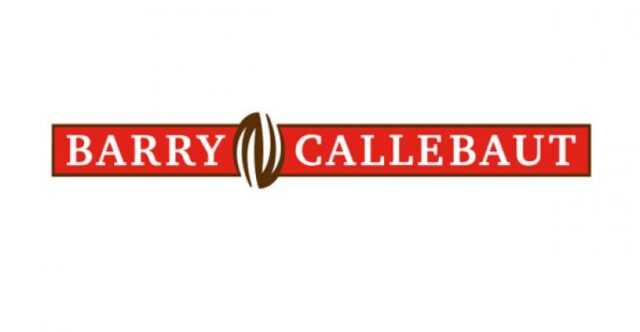ZURICH, Switzerland – Barry Callebaut has succeeded in fiscal year 2018/19 to reduce its carbon footprint by -6.7 %, from 9.10 million tonnes to 8.49 million tonnes, whilst achieving +5.1% volume growth. Per tonne of product, Barry Callebaut even managed to reduce its carbon footprint by -12.1%. The reductions are the result of the company’s Forever Chocolate strategy, which includes the objective of storing more carbon than it emits by 2025.
This ambitious target setting brought the Carbon Disclosure Project (CDP), the UN Global Compact, the World Resources Institute (WRI) and WWF – together forming the Science Based Targets Initiative (SBTi) – to recognize Barry Callebaut’s carbon reduction objective a “Science Based Target”, meaning that Barry Callebaut is contributing to the collective efforts to cap global warming at 1.5 degrees Celsius.
This is also the most ambitious designation currently available through the process.
Areas of focus to reduce the carbon footprint
The carbon reduction achievement is based on the pioneering work undertaken by Barry Callebaut together with its partners. To reduce its carbon footprint, Barry Callebaut is focusing on three areas:
- the footprint created by its operations (scope 1)
- the footprint generated by the energy the Group uses (scope 2)
- the footprint of its entire supply chain (scope 3) which also includes the production and processing of all sourced raw materials and related land use changes (LUC).
What drives the carbon reduction
The key driver of the carbon reduction was a more accurate calculation of the carbon liability from land cleared for cocoa agriculture (-27 %). In addition, the Group reduced the carbon intensity of its factories by -6.7%, due to an increased use of renewable energy.
Since dairy ingredients play a major role in Barry Callebaut’s carbon footprint, the Group increasingly purchases products from countries with lower carbon intensity and encourages dairy suppliers to measure and reduce the carbon emissions of their farms and processing facilities, which led to a reduction of -5.7 %.
Pablo Perversi, Chief Innovation, Sustainability and Quality Officer, Head of Global Gourmet, at Barry Callebaut stated:
“To become carbon positive, we are continuously pushing the boundaries on carbon accounting and measurement, carbon offsetting and insetting methodologies and activities. I am very proud of the recognition we received from SBTi, it shows we are on the right trajectory”.
The methodology to reduce carbon emissions
But Barry Callebaut’s efforts do not stop here. Together with its partner, The Gold Standard Foundation, Barry Callebaut has developed a methodology to verify how much carbon emissions can be reduced and removed at farm level and in cocoa growing communities (scope 3). Through carbon insetting projects, such as tree planting or the selling of cook stoves and solar home systems, Barry Callebaut was the first company to have scope 3 value chain interventions verified – resulting in a sequestration of 90’000 tonnes of CO2e from these activities.
New ways to reduce the carbon footprint
Furthermore, Barry Callebaut is now exploring new innovative ways of reducing its carbon footprint and is currently testing the viability of biochar. Biochar consists of the residue of cocoa bean shells which were used to generate energy in the factories and can further be used as a fertilizer in Barry Callebaut’s Farm Services business, to improve soil quality and reduce the carbon impact of cocoa production. Alternatively, biochar can be used by dairy suppliers for cow feed production to reduce methane production.


















